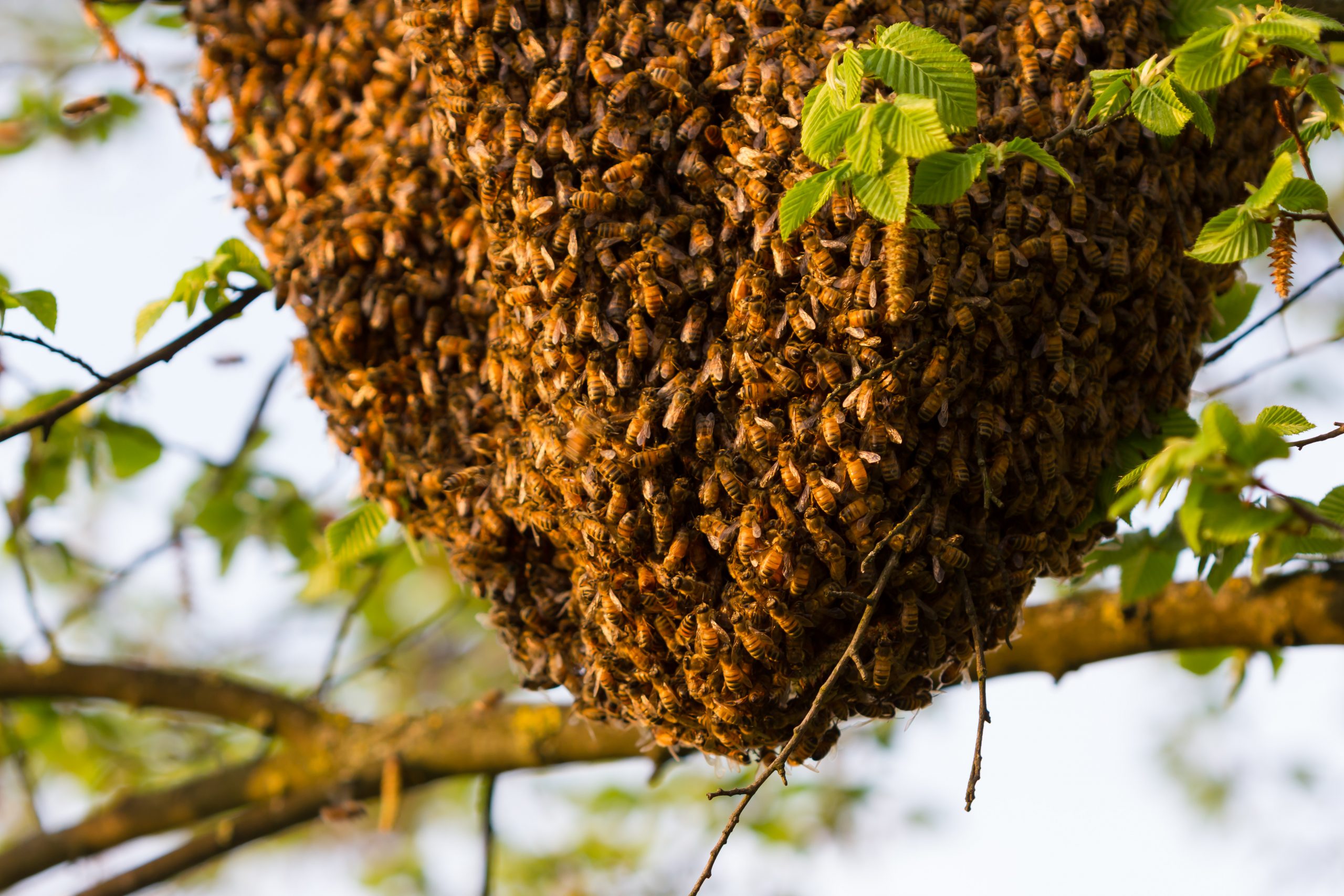Do African Honeybees Hold the Secret to the Colony Collapse Disorder?
November 17, 2015
Bee Colony Collapse, Honey Bees
How African Honeybees May be Able to Help Moderate a Global Crisis
Honeybee populations have been on the decline in many countries across the globe, something that is worrying scientists, politicians, and the public. The decline in populations could affect everyone since it has such a profound impact on our food security – since honeybees are not particular about where they live or what plants and flowers they harvest pollen from, they are heavily relied upon by humans to help pollinate crops since they are equal to and sometimes surpass other wild pollinators at the same job.
In an article posted on CNN.com, studies over the last decade have been more focused on honeybees and their health in an attempt to discover the source of the high losses of colonies. Most of the work behind these studies is being performed in North America and Europe where bees are being used for larger scale commercial operations. So far, the results of this work have not been very clear as to what is causing the decline in population, so plans to help increase numbers have not been highly explored.
Scientists have, however, been looking at the Apis mellifera, or African honeybee. African bees are more aggressive than more docile European honeybees and can rarely be confined to man-made beehives. Much of this species’ population – which is estimated around 310 million colonies – lives in the natural cavities that can be found in the ground and on trees and most are considered to be wild. While there is a lack of information on African honeybee health, scientists have been trying to find out more.
Health surveys were recently conducted on the African honeybee to learn more about them. The results show that honeybee populations in Kenya, South Africa, Benin and Uganda are healthy and the bees are carrying pathogens that currently do not indicate they would generate widespread mortality. Additionally, the invasion of one of the most dangerous parasites to honeybees, the Varrao mite, does not seem to show the same devastation for African honeybees as for other groups.
Scientists are very interested in finding out what tolerance mechanisms the African honeybee has that other honeybee populations do not and how those mechanisms could possibly aid in their long term survival and maintenance of the numbers. Once these mechanisms have been discovered, selective breeding of honeybees to bring out those physiological and behavioral traits could help groups that are currently very susceptible to infestation and disease stay healthy and continue to grow.


.jpg)



